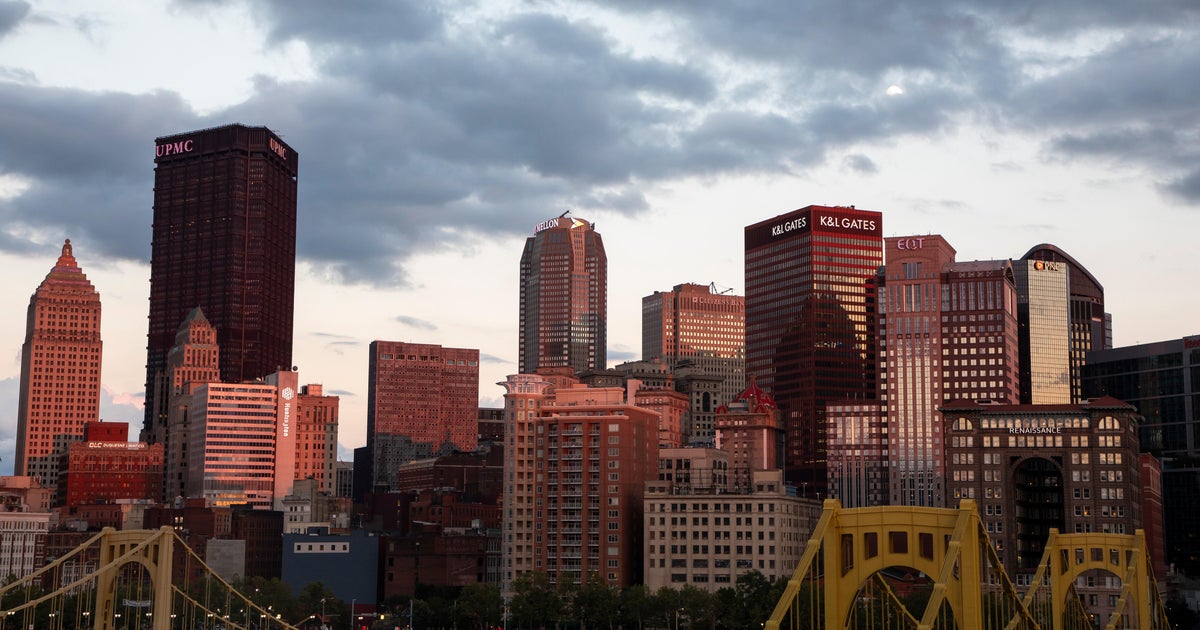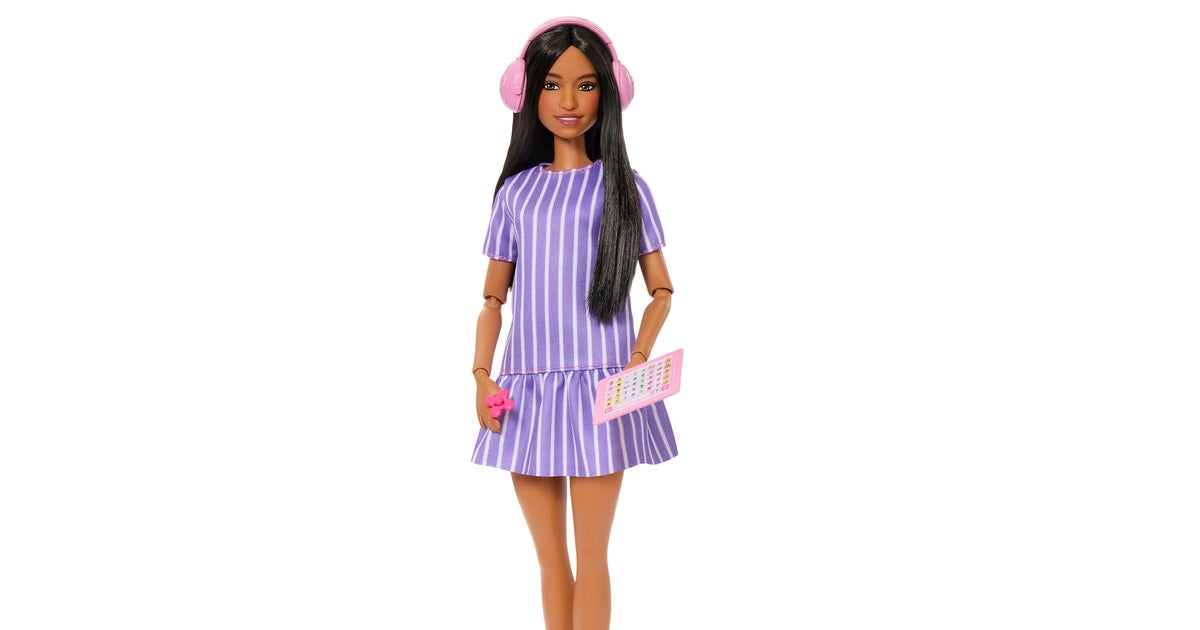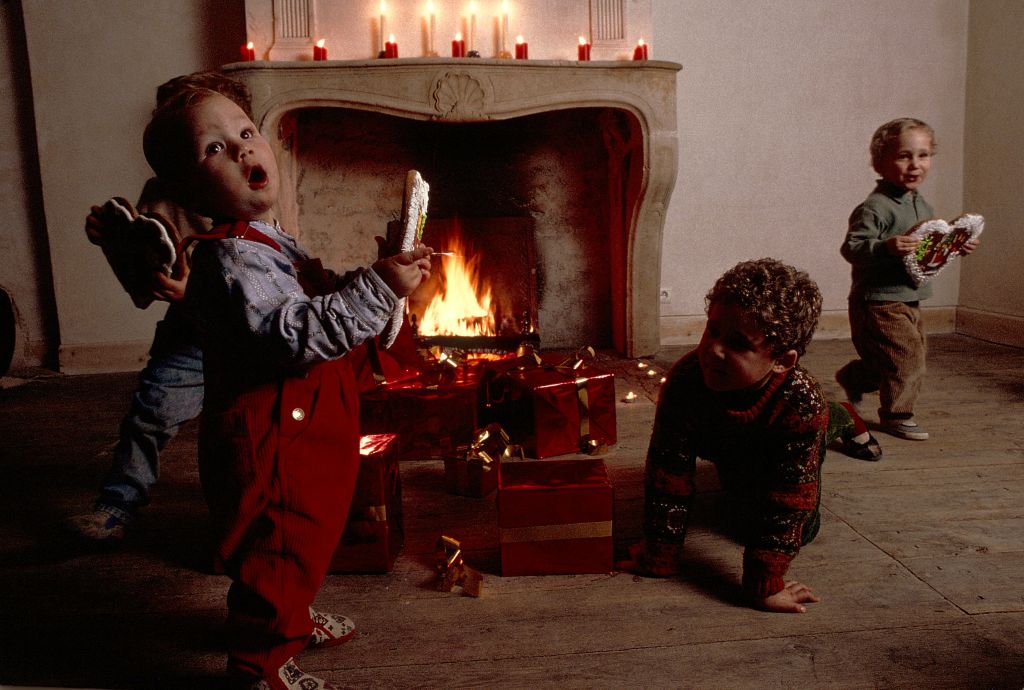Bankrupt Toys 'R' Us spreads gloom in toyland
It's hardly fun and games for the toy industry this holiday season with the bankruptcy of Toys 'R' Us hurting the fortunes of toymakers Mattel (MAT) and Hasbro (HAS). The sector's prospects aren't expected to improve anytime soon.
Toys 'R' Us, which filed for bankruptcy in September, is now said to be considering closing as many as 200 U.S. stores, roughly 21 percent of its brick-and-mortar locations, because of lackluster sales.
It's easy to understand why. Analysts at UBS found that 183 Toys 'R' Us stores are located within a 15-minute drive of at least one other Toys 'R' Us. Moreover, roughly 90 percent of the Wayne, New Jersey-based company's locations are within a 15-minute drive of a Walmart (WMT) or a Target (TGT), fierce competitors in the toy market.
During the three-month period ended Sept. 28, Toys 'R'" Us reported sales of $2.11 billion, a year-over-year decline of 7.5 percent. Domestic same-store sales, a critical metric for the retail industry that tracks sales at stores open a year or more, slumped 7 percent, hurt by soft demand for baby merchandise and learning toys. The company's net loss widened to $623 million versus a loss of $156 million a year earlier.
Toys 'R' Us has been hobbled with $5 billion in debt from the 2006 leveraged buyout that took it private. The retailer reports financial results because its debt is traded publicly even though it lacks a publicly traded stock.
"I am not surprised by the terrible results," said Howard Davidowitz, a New York-based retail consultant who did work for Toys 'R' Us during the 1980s. "Retailers [usually] go bankrupt in January at a time of peak cash. Toys 'R' Us went bankrupt at the worst possible time. They have substantially damaged themselves."
Davidowitz doubts that the company will ever be a viable "retail entity" in the U.S. and given the competition in the online toy market, its success there isn't a given either.
In an interview with CBS MoneyWatch, Toys 'R' Us CEO Dave Brandon disputed Davidowitz's analysis, arguing that the timing of the bankruptcy was caused by a CNBC article that appeared in September. It noted the chain had hired the law firm of Kirkland & Ellis to help it restructure its debt. The piece said seeking protection from creditors was among the options the company was considering. After the story was published, vendors began tightening credit terms with Toys 'R' US, forcing the chain to take action, Brandon said.
Other retailers such as Sears (SHLD) and JCPenney (JCP), however, have endured speculation in the media about potential bankruptcies in recent years and have so far avoided the fate of Toys 'R' Us by encouraging suppliers to stick by them, according to Davidowitz.
"That's the job of management to deal with problems like that," he said. "The situation was terrible. Everyone is at fault."
The financial woes at Toys 'R' Us have hurt Mattel (MAT) and Hasbro (HAS), causing both toymakers to report disappointing results in the latest quarter. According to the retailer's bankruptcy filing, it owes Mattel at least $135 million, more than twice as much as it owes Hasbro.
Mattel has been hurt by soft demand for key brands including Barbie, American Girl and Fisher-Price, while Hasbro's bottom line is expected to benefit from Disney's Star Wars toys, thanks to the box office success of "Star Wars: The Last Jedi" and the media giant's princess line.
Hasbro reportedly made an unsolicited bid for Mattel in November. Previous efforts to merge the two companies have been stymied by concerns over potential antitrust issues. Earlier this year, Mattel named ex-Google (GOOG) executive Margo Georgiadis as CEO after earlier attempts to improve the company's fiscal fortunes failed. She suspended Mattel's dividend a bid to free up cash.
"She is making the tough decisions that they should have made a year ago," said Keith Snyder, an analyst with CFRA Research, adding that Hasbro made a run at Mattel because "they saw blood in the water. … I don't think it's going to lead to any deal." Snyder rates Mattel as a "strong sell" and Hasbro as a "hold."





